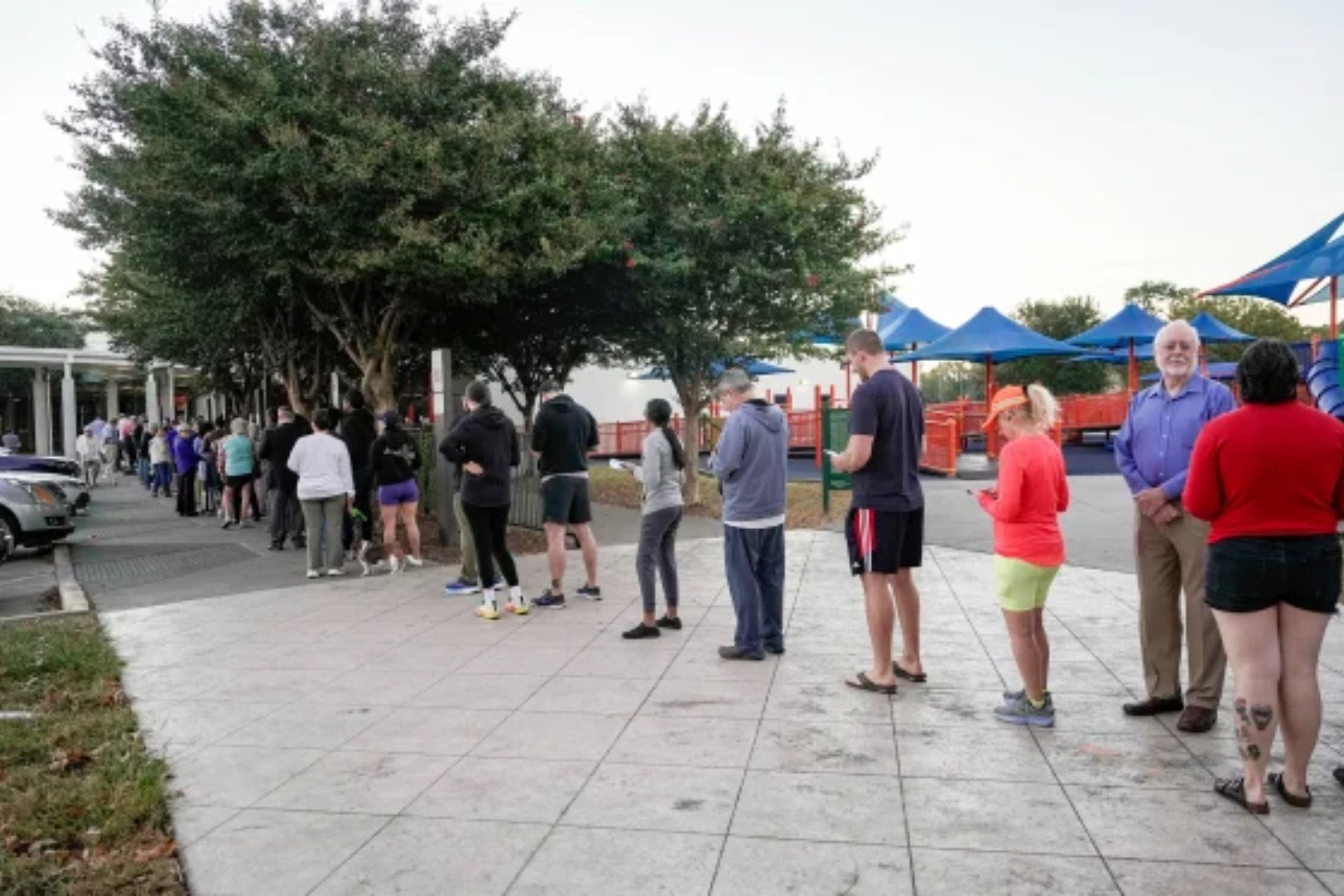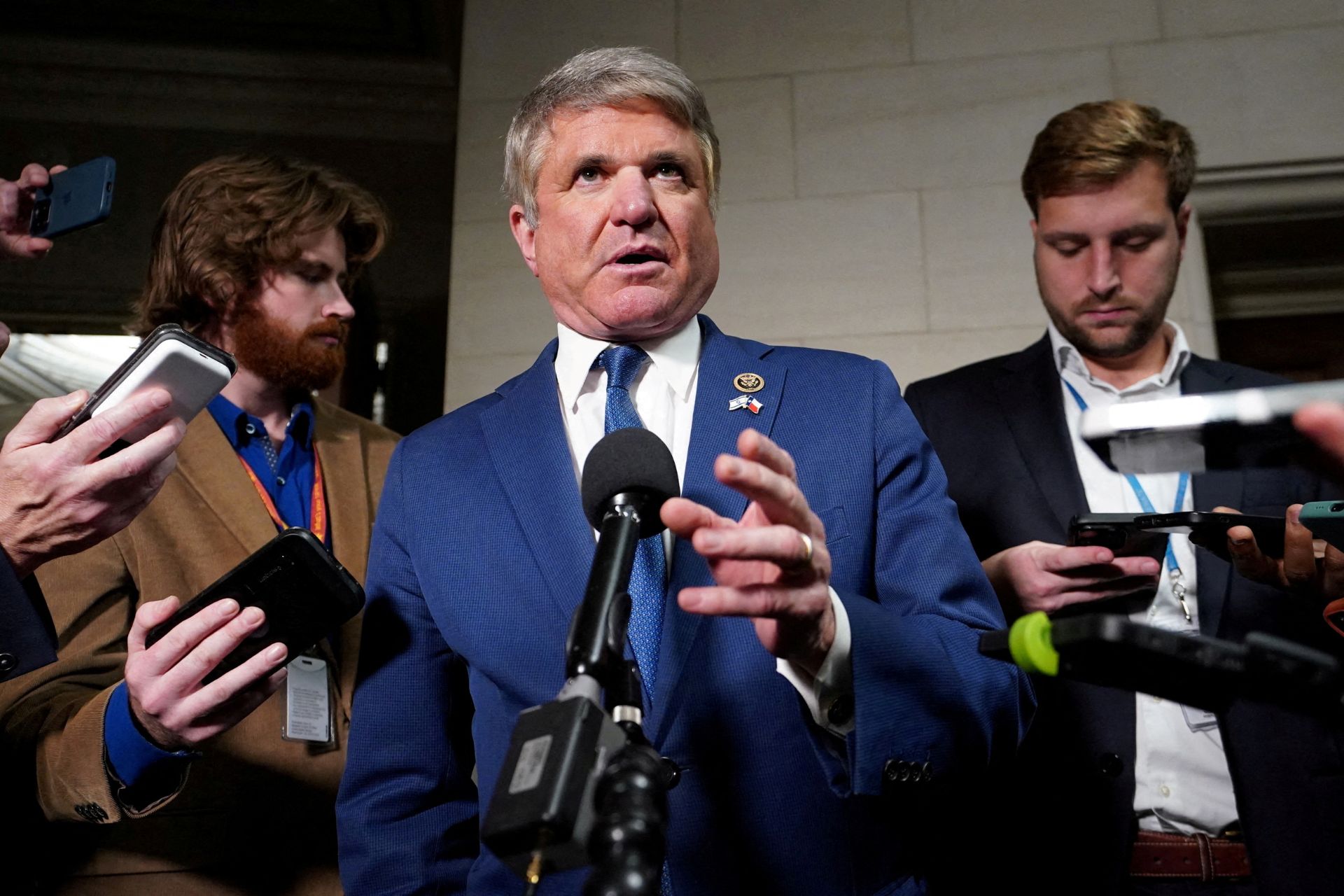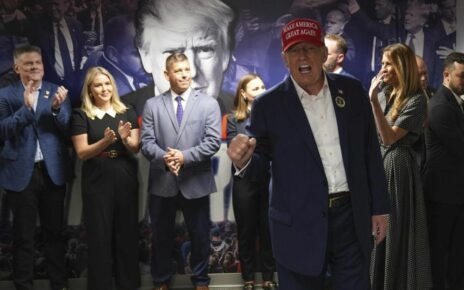Image Name: Chinese Influence Operations
Image Credit: NBC News
Concern over foreign interference in US elections has skyrocketed over the past few months, fueled by reports of a high-tech Chinese operation that was bent on influencing down-ballot races across the country. Microsoft had sounded the alarm that the campaign posed a serious threat to the integrity of the electoral process. This article elaborates on the specifics of the operation, and its meaning in American democracy, and places it within the broader story of foreign interference in elections.
The Nature of the Chinese Influence Operation
Microsoft’s research deemed the influence operation by China as not a single endeavor but rather an intricate network of tactics within efforts to influence public opinion and sway local election outcomes. Working on social media manipulation, campaigns on misinformation, and targeted strategic pushes in voter demographics, the operation works towards making those small changes in voter behavior that may add up to impactful effects. By focusing on down-ballot races – races that rarely receive much in the way of media attention compared to their high-profile counterparts – the campaign seeks to craft these seemingly subtle changes in voter behavior that can cumulatively have significant effects.
Targeted races are essentially nothing more than simple state legislators, city council members, and other local offices that are crucial policy shapers at the grassroots level. This allows foreign operatives to use local issues and grievances to make their influence appear more salient and pressing to voters.
The Implications of Disinformation
There seems to be an underlying core of misinformation driving this influence campaign. The Chinese’s propaganda through various online platforms spreads false narratives and manipulated facts about candidates and politics. Their operatives tailor content that resonates with voter concerns over issues like economic stability, public safety, or healthcare, which spreads discord and begins to chip away at the credibility of legitimate candidates and institutions.
Such false information can be quite destructive during election times since the voter is already bombarded with information that he or she may not know how to separate into credible sources. That puts voters at a risk of making uninformed decisions from false information that may end up misrepresenting the democratic process.
Identifying the Players
This operation has been supported by a network of actors not directly associated with the government but aligned to its interests. Possible individuals or organizations include those who share an ideological affinity with Beijing and feel incentivized in pushing narratives that would align with Chinese geopolitical goals.
Experts indicate that vigilance in this identification and countering of influence operations is a place of emphasis. Technology continues to evolve faster; the methods used by foreign actors are becoming smarter, and this simply means that we need to adapt, adapt, and adapt again how we provide for our integrity of election.
Image Name: Targeting U.S. Down-Ballot Races
Image Credit: CNBC
The Broader Context of Foreign Interference
The news about Chinese influence operations comes in the wake of allegations of Russian interference in American elections. There’s a disturbing trend unrolling: foreign powers are trying to take advantage of democratic weakness for their own gain. Most of the times it’s meant to destabilize political discourse, undermine public trust in institutions, and divide the electorate.
It is critical to understand the context of these operations in order to really understand their potential impact. It would be conceptualized by framing this situation in the context of a larger story of foreign interference which, in turn would make voters and policymakers alike really realize the critical threat and, at the same time, appreciate the absolute necessity for such radical measures in safeguarding the electoral process.
Solution to the Problem
The private companies, which include Microsoft among others, collaborate with governmental agencies to strengthen their defenses against foreign influence. This entails investing in technologies that detect misinformation, developing strategies on how to educate voters about the dangers of online misinformation, and fostering collaborations between tech companies and election officials.
There is also a huge need for more transparency in political advertising and social media initiatives. The more a station or website can report on who is sponsoring and financing political ads the more likely voters will be to make intelligent choices. Of course, an educated electorate is a stern line of defense against the corrosive pull of foreign hands.
Conclusion
In line with the 2024 elections, revelations about the Chinese influence operations involving the targeting of down-ballot races within the United States point out stark vulnerabilities in our electoral system. Information manipulation for opinions on voters suggests that America needs to get vigilant about protecting its democratic integrity.
The best way to combat all these threats coming from voters, policymakers, and tech companies alike is to be alert and proactive. We can start by building a culture of informed decision-making and advocating initiatives that promote transparency and accountability to work toward elections that truly represent the will of the people without foreign interference.
Safeguarding democracy, then, is in the final analysis a political responsibility as well as a civic duty. Remaining vigilant regarding foreign actors’ tactics will therefore enable us to better protect the foundations of democratic institutions and help create a stronger electoral process for ourselves and for future generations.






